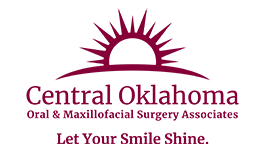06 Jul Jawbone Atrophy After Wearing Dentures: What are my options?
Patients who wear dentures for several years will lose a significant amount of bone in their jaws during that time. They may notice that their original appliances no longer fit and need to be re-lined or replaced. Some patients may want to upgrade to dental...
